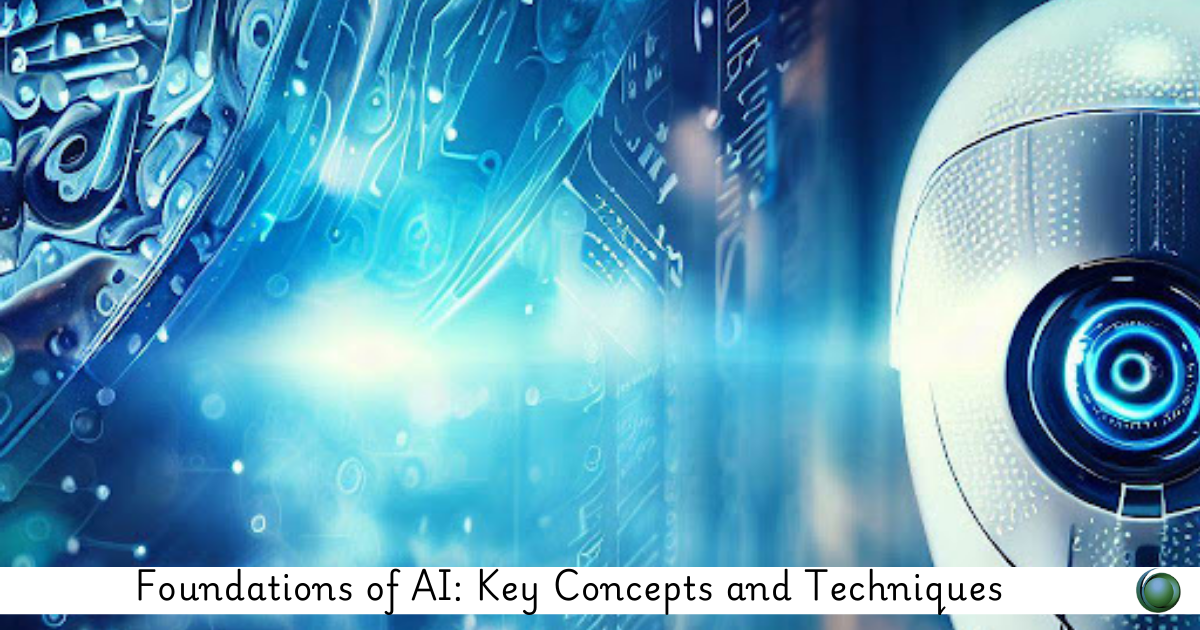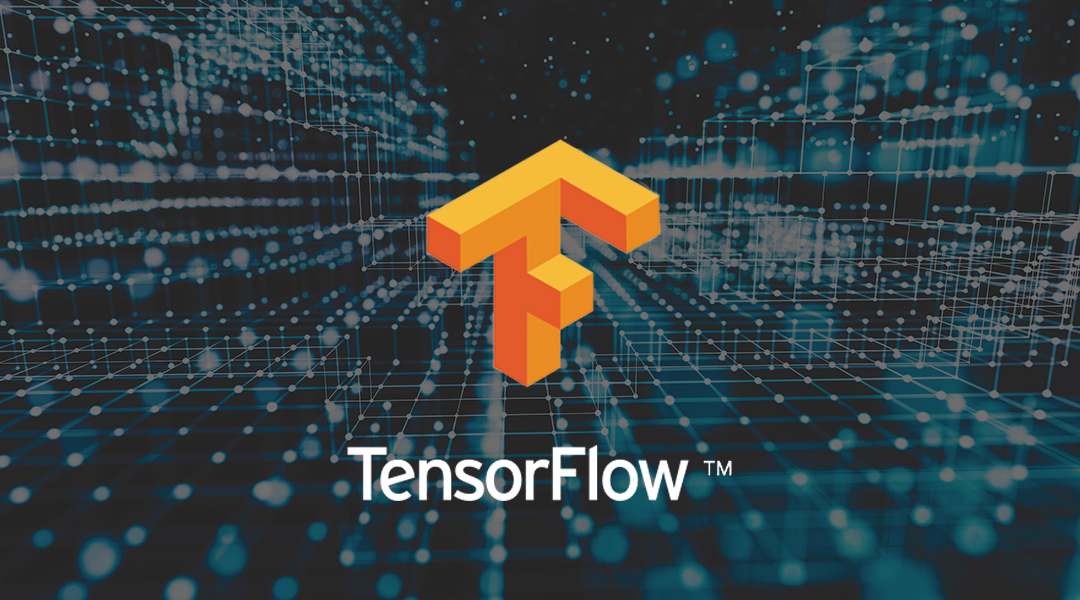Description
Introduction of Artificial Intelligence(AI):
“Foundations of AI: Key Concepts and Techniques” is a comprehensive course designed to provide participants with a deep understanding of the fundamental concepts, algorithms, and techniques that form the basis of artificial intelligence. This course serves as a crucial stepping stone for anyone interested in pursuing advanced studies or careers in AI. It covers the theoretical underpinnings of AI, as well as practical applications, helping learners grasp the essential components that drive intelligent systems. By the end of the course, participants will have a solid foundation in AI principles and be prepared to explore more complex topics in the field.
Prerequisites:
- Basic programming knowledge (preferably in Python).
- A solid understanding of high school-level mathematics, including algebra and probability.
- No prior experience in AI is required, but a keen interest in the subject will be beneficial.
Table of Contents:
Here’s the structured list for “Introduction to Artificial Intelligence”:
- Introduction to Artificial Intelligence(AI)
1.1 Definition and Scope of AI
1.2 History and Evolution of AI
1.3 Overview of AI Applications
- Mathematical Foundations of AI
2.1 Linear Algebra for AI
2.2 Probability Theory and Statistics
2.3 Optimization Techniques in AI
- Search Algorithms
3.1 Introduction to Search Problems
3.2 Uninformed Search Techniques: BFS, DFS
3.3 Informed Search Techniques: A*, Heuristics
- Logic and Knowledge Representation
4.1 Propositional and Predicate Logic
4.2 Knowledge Representation Frameworks
4.3 Inference Mechanisms
- Machine Learning Fundamentals
5.1 Overview of Machine Learning
5.2 Supervised and Unsupervised Learning
5.3 Introduction to Neural Networks
- Decision Making in AI
6.1 Decision Trees and Random Forests
6.2 Bayesian Networks
6.3 Markov Decision Processes
- Natural Language Processing (NLP)
7.1 Basics of NLP
7.2 Language Models and Text Classification
7.3 Applications of NLP in AI(Ref: AI for Business: Leveraging Machine Learning for Strategic Advantage)
- Computer Vision
8.1 Introduction to Computer Vision
8.2 Image Recognition and Processing
8.3 Applications in Object Detection and Tracking
- Robotics and AI
9.1 Fundamentals of Robotics
9.2 AI in Autonomous Systems
9.3 Path Planning and Control
- Ethics and Challenges in AI
10.1 Ethical Issues in AI Development
10.2 AI Bias and Fairness
10.3 The Future of AI and Its Societal Impact
- Hands-on Projects
11.1 Developing Simple AI Models
11.2 Implementing Search Algorithms
11.3 Real-world Applications: Case Studies
- Conclusion and Next Steps
12.1 Recap of Core Concepts
12.2 Advanced Topics in AI
12.3 Resources for Further Learning
To conclude; This course provides a solid foundation in AI and its various applications, equipping you with essential knowledge and skills for the evolving landscape of artificial intelligence. Embrace the future of technology with a deeper understanding of AI and its impact on society.
If you are looking for customized info, Please contact us here
Reference







Reviews
There are no reviews yet.